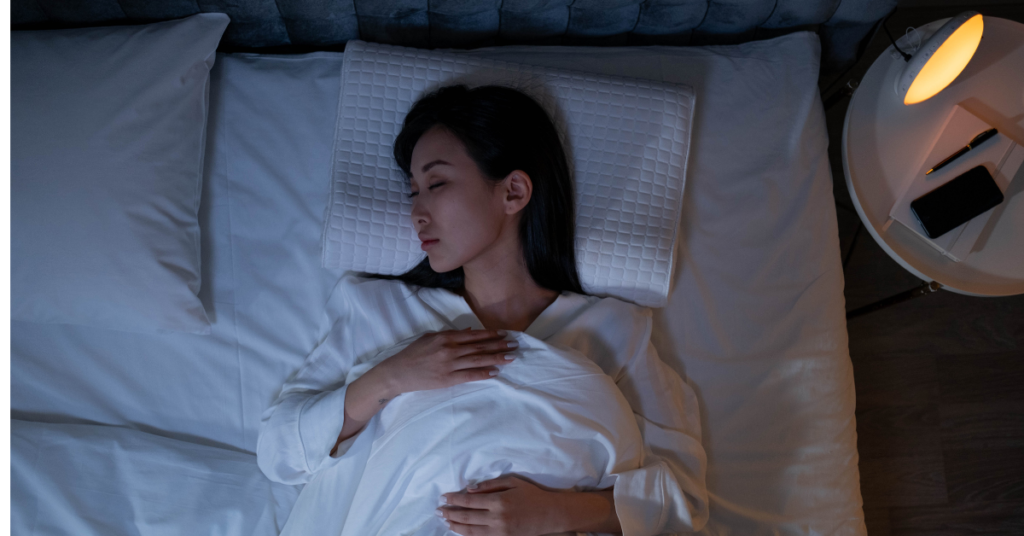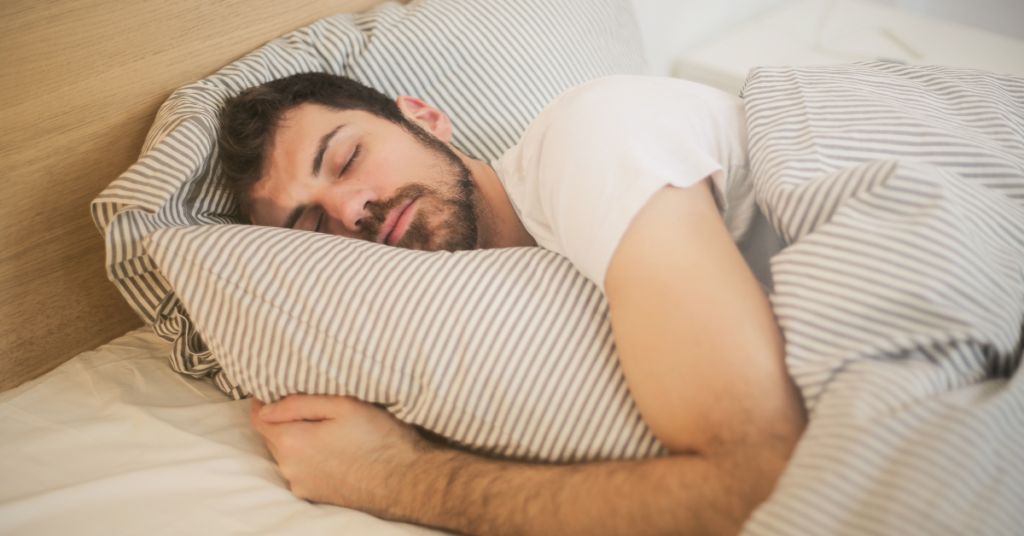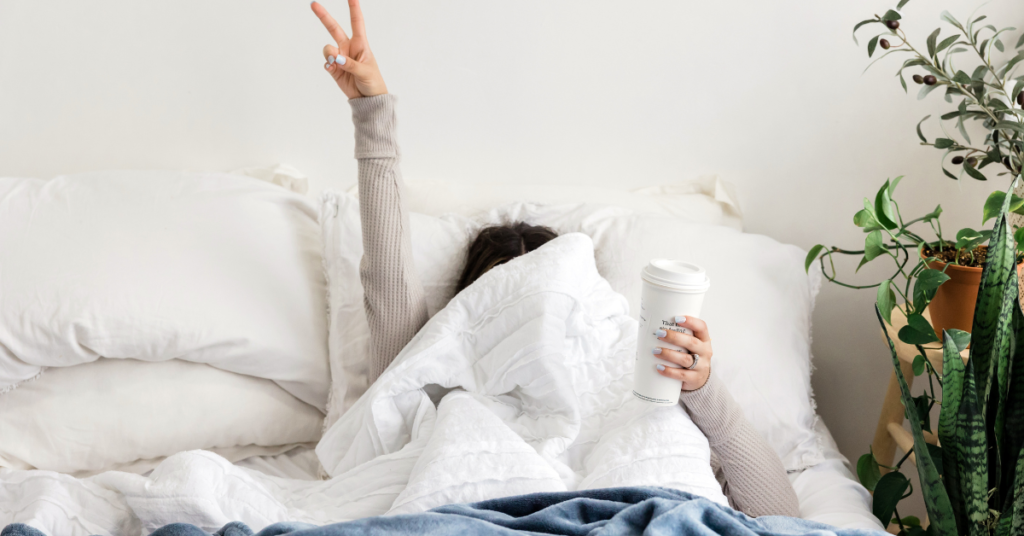
Anxiety, depression and sleep by Empower Counseling.
Sleep is the bedrock of mental and physical health. It is the concrete foundation upon which we build our lives. Without a strong foundation, nothing we build on atop it will be stable. Americans on average are sleep deprived. Sleep issues are more common in individuals with anxiety, depression, and ADHD. Harvard health reports that, “chronic sleep problems affect 50% to 80% of patients in typical psychiatric practice, compared to 10% to 18% of adults in the general US population.”
If you are having problems with your sleep, you are more likely to feel anxious, depressed, and suicidal. Poor sleep can even trigger paranoia and mania.
The Importance of Sleep to Your Mental Health
Sleep is how our body and mind regroup. Sleep is important to a number of brain and body functions. Quality sleep helps us maintain cognitive functions like memory, attention, and learning. Lack of sleep or poor quality of sleep can make it more difficult for us to cope with even minor stressors. Sleep can also affect our ability to see our world in an accurate way.

Mental health effects of Sleep Deprivation
Insomnia can be a symptom that you have anxiety or depression. But sleep problems-not enough sleep or poor quality sleep-can contribute to the onset of psychological health issues and make them worse.
Studies on sleep deprivation reveal that otherwise healthy individuals can experience increased anxiety and distress subsequent to poor sleep. Studies also show that individuals with mental health disorders are more likely to have sleep issues and these sleep issues make their symptoms worse and can also increase risk of suicide.
How much quality sleep do we need? Anxiety, Depression, and Sleep.
There can be individual variations on the amount of quality sleep individuals need for proper and optimal mental and physical wellbeing. It also depends on age.
Adults typically need 7-9 hours of good sleep. Teens need 8-10 hours. Adults 65 years old and up require between 7-8 hours.

How to get Quality Sleep:
We are the sum of our habits. Unhealthy sleep habits lead to “junk” or non-restorative sleep. Even if you are sleeping enough hours, the architecture or quality of sleep you are getting may not be helpful.
For proven healthy sleep habits, I look to Andrew Huberman, Ph.D, professor of neurobiology and ophthalmology at Standford medical school.
He advises to:
- Get outside and view sunlight very soon after waking in the morning for 30-60 minutes. Of course, do not look directly at the sun. If it is a bright clear day 10 min might be enough. On overcasy days you may need 30 minutes to 1 hour.
- Wake at the same time daily and go to sleep when you begin to feel sleepy. Huberman advocates that waking in the early morning hours, 3:00 am ish, occurs because of going to bed too late for you.
- No caffeine within 8-10 hours of bedtime. Caffeine has a quarter life of 12 hours. That means you have ¼ of the caffeine you have ingested in your system 12 hours later. Drinking caffeine in the afternoon and evening may not stop you from falling asleep but it is highly likely it is interfering with the quality of your sleep.
- Limit naps to less than 90 minutes or avoid naps.
Another suggestion from sleep experts is to put away screens and avoid any bright light between 10:00 pm and 4:00 am.
Huberman also offers certain over the counter supplements to aid sleep. Please consult your own doctor before adding any supplements to your routine.
Anxiety, Depression and Sleep by Empower Counseling

At Empower Counseling, we understand the importance of sleep for strong mental and physical wellbeing. That is why we assess each client’s daily habits and behaviors along with the thoughts contributing or causing these habits and behaviors. Our counselors, Kathryn, Adam, and Kristine are all trained in Acceptance Commitment Therapy. Through Acceptance Commitment Therapy we address each client’s, thoughts, behaviors, and values. We use mindfulness to recognize and separate from thoughts that are not helpful to you have the life you want and taking the actions that will get you there.
ACT is a clinically proven effective method to help you move away from anxiety and depression and toward a more satisfying and fulfilling life.
If you are searching for anxiety therapy or counseling for depression in the form of counseling for teens, counseling for college students, counseling for young adults or counseling for professionals, reach out to Empower Counseling. Whether you attend Auburn University, the University of Alabama, Samford University or Birmingham-Southern College, we provide in person and online counseling throughout the state. We see clients in our Birmingham area counseling clinic Monday through Saturday and even some evenings to fit with your schedule.
Counseling is one of the best gifts you can give yourself in your lifetime. Call Empower Counseling today 205-730-6570.
